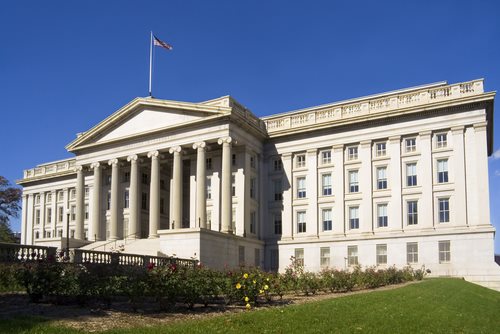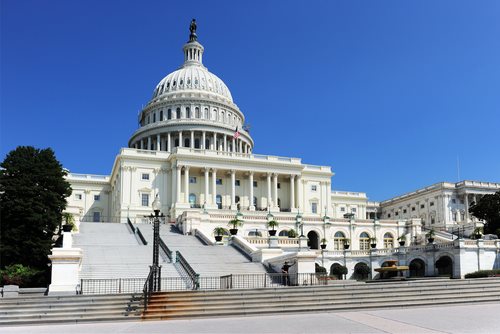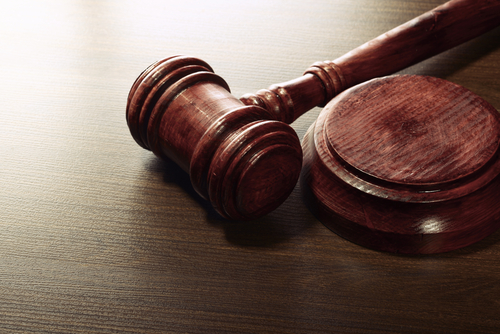What You Must Know About The U.S. Marshals
 What are the U.S. Marshals?
What are the U.S. Marshals?
The U.S. Marshals is a Federal agency that operates within the United States of America that is responsible for the regulation, operation, and undertakings with regard to the standards and practices latent within Federal investigations and criminal procedure undertaken by the Federal Government of the United States with regard to individuals suspected, charged, apprehended, and convicted of Federal – and interstate – criminal activity:
U.S. Marshals Quick Facts
The following details outline the administration of the U.S. Marshals:
The U.S. Marshals was founded on September 24th, 1789; it is considered to be the single oldest law enforcement agency in existence within the United States of America; however, prior to 1969, the United States Marshals Service operated independently of the Federal Government
The headquarters of the U.S. Marshals are located in Washington D.C.; however, an Office of the U.S. Marshals service exists within each individual State and district of the United States
The Director of the U.S. Marshals is Stacia Hylton
U.S. Marshals Associated Terms and Agencies
The following terms and Government Agencies are associated with the operations and undertakings of the U.S. Marshals:
The Federal Court System
Subsequent to the arrest and capture of individuals suspected of criminal activity relating to the Federal government, the U.S. Marshals will typically place those individuals in Federal custody; as a result, their criminal trial or hearing will be heard before a Federal Court. A Federal Court is the legal venue responsible for the judicial review and sentencing of legal affairs concerning the Federal Government of the United States.
The U.S. Marshals Service as a Government Agency of the Executive Branch
Government agencies are defined as organizations, councils, and offices operating under the jurisdiction of the Federal Government of the United States of America; each federal agency retains specific administrative jurisdiction over specific facets latent within the operations of the United States Government:
The Relationship between the United States Marshals Service and the Department of Justice
The Department of Justice is a federal agency within the Executive Branch of the government responsible for the supervision of the United States Marshals Service, which is considered to be a sub division within the USDDOJ; the primary objectives of the Department of Justice include the regulation and administration of legal activity, statutory legislation, and lawful behavior with regard Federal government. The USDOJ not only serves to ensure that the Federal government acts in accordance with the law, which includes all branches of the Federal Government.
U.S. Marshals Legality
Administrative Law is the legal field associated with events and circumstances in which the Federal Government of the United States engages its citizens, including the administration of government programs, the administration and operation of government agencies, and the establishment of a legal, regulatory federal standard. The main office of U.S. Marshals can be contacted through the Department of Justice; however, each individual State has its own regional United States Marshals District or State Office:
U.S. Marshals
c/o U.S. Department of Justice
950 Pennsylvania Avenue, NW
Washington, D.C.
20530
(202) 307-9100



 What is the U.S. Treasury?
What is the U.S. Treasury?
 What is the Office of Legal Counsel (OLC)?
What is the Office of Legal Counsel (OLC)? What is the Bureau of Legislative Affairs (BLA)?
What is the Bureau of Legislative Affairs (BLA)? What is the United States Department of Veterans Affairs?
What is the United States Department of Veterans Affairs? What is the Bureau of Intelligence and Research (INR)?
What is the Bureau of Intelligence and Research (INR)?











